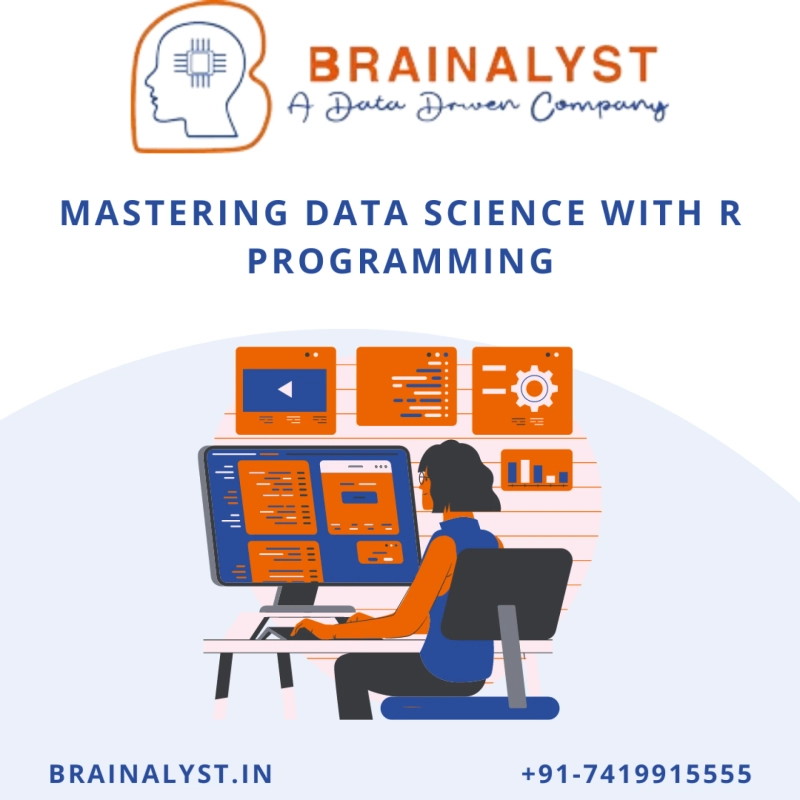In a world where technology evolves at lightning speed, questions about the future of certain disciplines are inevitable. Among these, data science—a field that has significantly transformed industries by offering profound insights through data analysis—faces scrutiny. The inquiry, "Is data science dead in 10 years?" sparks a conversation that touches on the foundations and the evolving nature of the field. Within this context, the keyword "Excel R data science" provides a lens through which we can explore the adaptability and continued relevance of data science. Moreover, insights from Brainalyst, a leader in the data science arena, help to illuminate the path forward for this essential field.
Data Science: A Field in Evolution, Not Extinction
To understand the future of data science, it's crucial to recognize that it is a field characterized by its capacity for evolution. Excel and R, two tools mentioned in our keyword, represent the early and modern aspects of data science, respectively. Excel has been a foundational tool for data analysts for decades, enabling the manipulation and visualization of data in a straightforward, accessible manner. R, on the other hand, is a programming language designed for statistical analysis and graphics, embodying the field's shift towards more sophisticated, programmable analysis techniques.
This evolution from basic tools like Excel to more complex programming languages such as R and Python illustrates not the death of data science, but its growth and adaptation. As businesses and technologies generate increasingly complex datasets, the tools and methodologies of data science also advance, offering new ways to derive insights and value from information.
Brainalyst's Perspective on the Future of Data Science
Brainalyst, with its finger on the pulse of technological innovation, firmly believes in the enduring significance of data science. According to Brainalyst, the question is not whether data science will exist in 10 years but how it will continue to evolve and adapt to new challenges and technologies. The integration of data science with emerging fields like artificial intelligence and machine learning is a testament to its adaptability and enduring relevance.
Moreover, Brainalyst emphasizes the importance of continuous learning and adaptability for professionals in the field. As the landscape changes, so too must the data scientist, evolving their skills to include new programming languages, analytical methods, and understanding of data ethics and privacy concerns.
The Undeniable Value of Data Science
Data science's core function—to turn data into insights and actionable strategies—remains invaluable across industries. From healthcare, where data analysis can predict outbreaks and improve patient care, to e-commerce, where it can personalize shopping experiences and optimize supply chains, data science is far from losing its relevance.
The introduction of tools like Excel R for data science has only expanded the accessibility and possibilities within the field, enabling a broader range of professionals to contribute to data-driven decision-making. This democratization of data analysis tools underscores the field's growth and the increasing demand for data literacy across job roles.
A good for read: branches of ai
Conclusion
Far from facing obsolescence, data science is poised for a future of growth, transformation, and increased integration into various sectors of the economy and aspects of our daily lives. The adaptability of the field, demonstrated through the evolution from tools like Excel to programming languages like R, highlights its capacity to meet the demands of an increasingly data-driven world. Brainalyst, through its commitment to innovation and education in data science, stands as a beacon for those navigating the future of this indispensable field. Thus, the essence of data science, with its ability to extract meaning from data, will not only survive the next decade but thrive, evolving in methods and impact.


